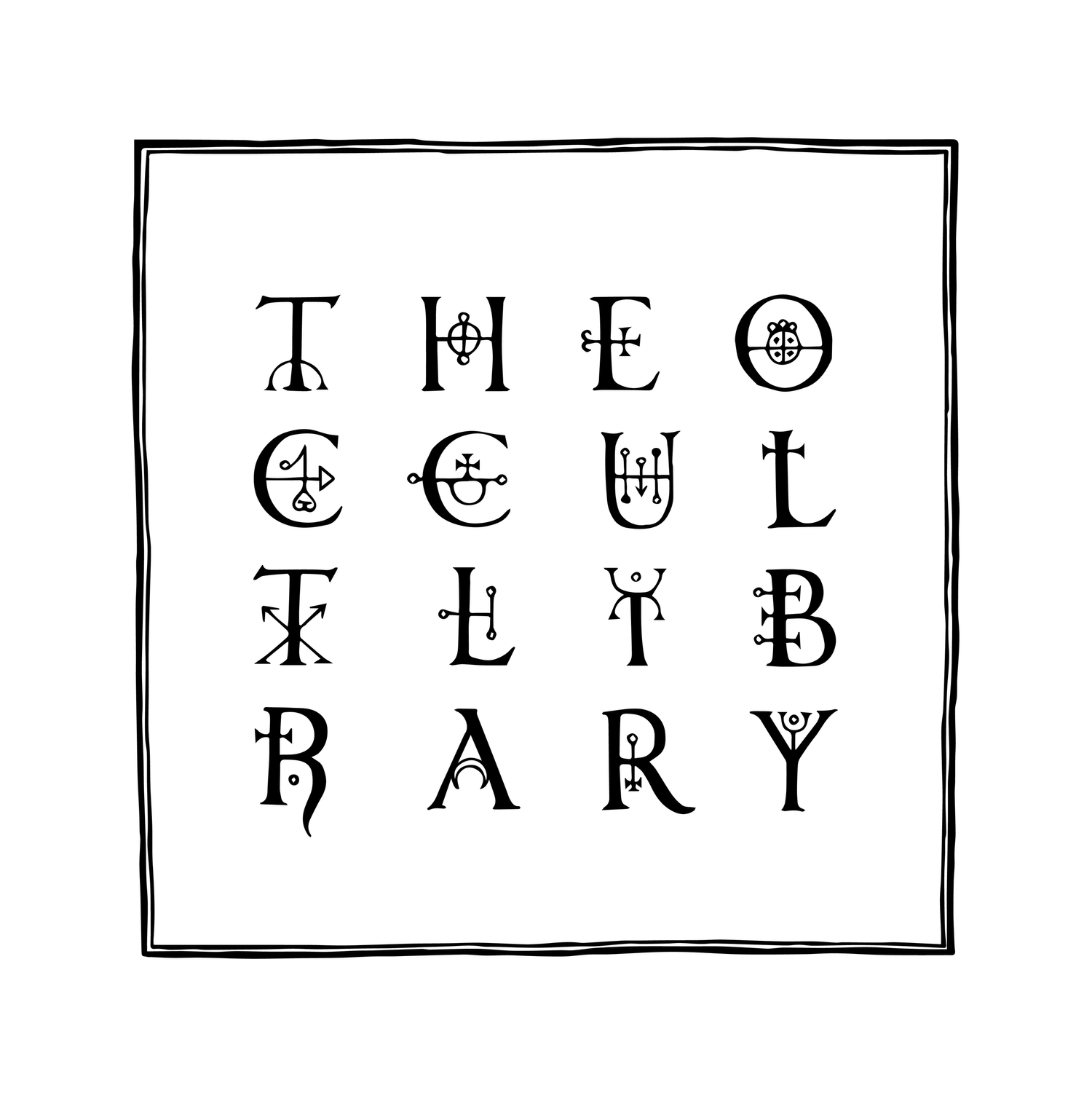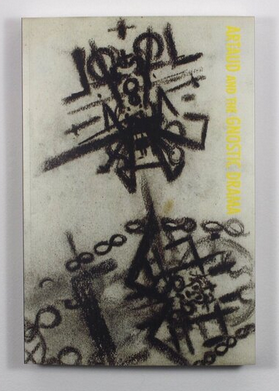Artaud and the Gnostic Drama
In Artaud and the Gnostic Drama, Jane Goodall offers a reappraisal of the importance of Antonin Artaud (1896–1948), mythologised as an icon of failure and madness, and examines the intricate parallels between his heretical dramaturgy and the heresies of ancient Gnosticism. The book situates Artaud, as the most extravagant of heretics, in company with the Gnostics whose speculations served to define heresy in the beginnings of the Christian tradition. Artaud subscribed to the Gnostic idea that the sensible world was created by a demiurge who was ‘imperfect, possibly evil and depraved.’ His cosmology is inherently dramatic, setting creature against creator, force against form, matter against spirit, pious knowledge against heretical gnosis. Jane Goodall argues that major post-structuralist critics such as Derrida, Deleuze, and Foucault, who have enlisted Artaud in their own anti-orthodoxies, have refused to pay attention to the terms of his own heresy. In this refusal, they display an anxiety towards the gnostic drama and its heresies, which mount an assault that may be more powerful than their own upon the founding tenets of western thought.
First published by the Clarendon Press, Oxford in 1994; the text has been lightly revised for this second edition, and includes reproductions of 14 of Artaud’s drawings
Cathar edition
£275
Limited to 51 copies
Handbound in half black goatskin, with yellow silk boards, black and white marbled endpapers, all edges gilt, finished with a silk ribbon and presented in a lined slip case.
Momo edition
£55
Limited to 749 copies
Bound in natural linen cloth stamped in black, textured black endpapers, and printed dust jacket.
Paperback
£30
Sewn paperback, text printed on 120 gsm paper and images on 150 gsm paper.



